The world of cryptocurrencies has exploded in popularity over the past few years, and it has become increasingly more difficult to separate the myths from the truths when it comes to bitcoin, ethereum, and other forms of crypto-investing. This can leave crypto newcomers feeling overwhelmed or confused when they’re trying to decide how to best invest their money or understand how blockchain technology works in the first place. Here are 10 myths about bitcoin you need to stop believing if you want to get started in crypto.
Bitcoin is used by criminals
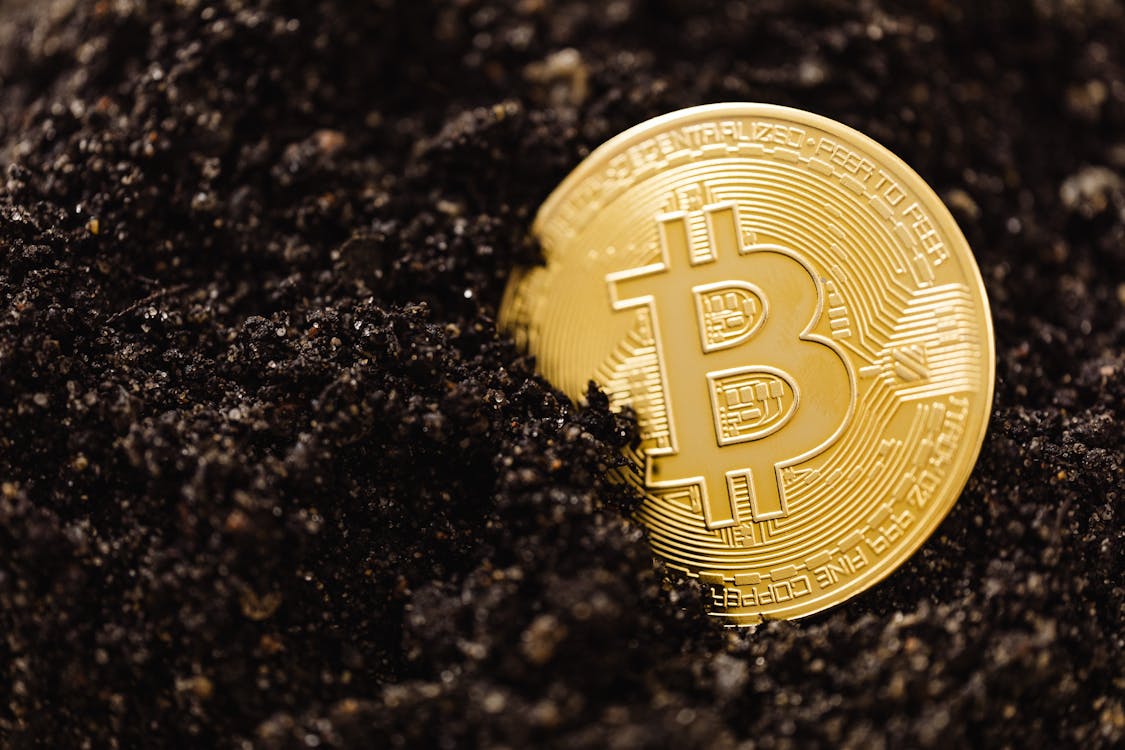
One of the most pervasive myths about bitcoin is that it’s only used by criminals. This couldn’t be further from the truth. According to a recent study, just 1% of all bitcoin users are involved in illicit activity. In fact, there are plenty of great reasons to use bitcoin even if you’re not engaging in illegal activities like protecting your privacy or getting more bang for your buck when traveling abroad.
Bitcoin is unregulated
Bitcoin is not regulated by any central bank or government. It’s created and run by a decentralized network of people and companies, just like the internet itself. This decentralization means that decisions are made collectively, and no one person can tell others what to do with their bitcoin or how they can spend it.
Bitcoin is untraceable
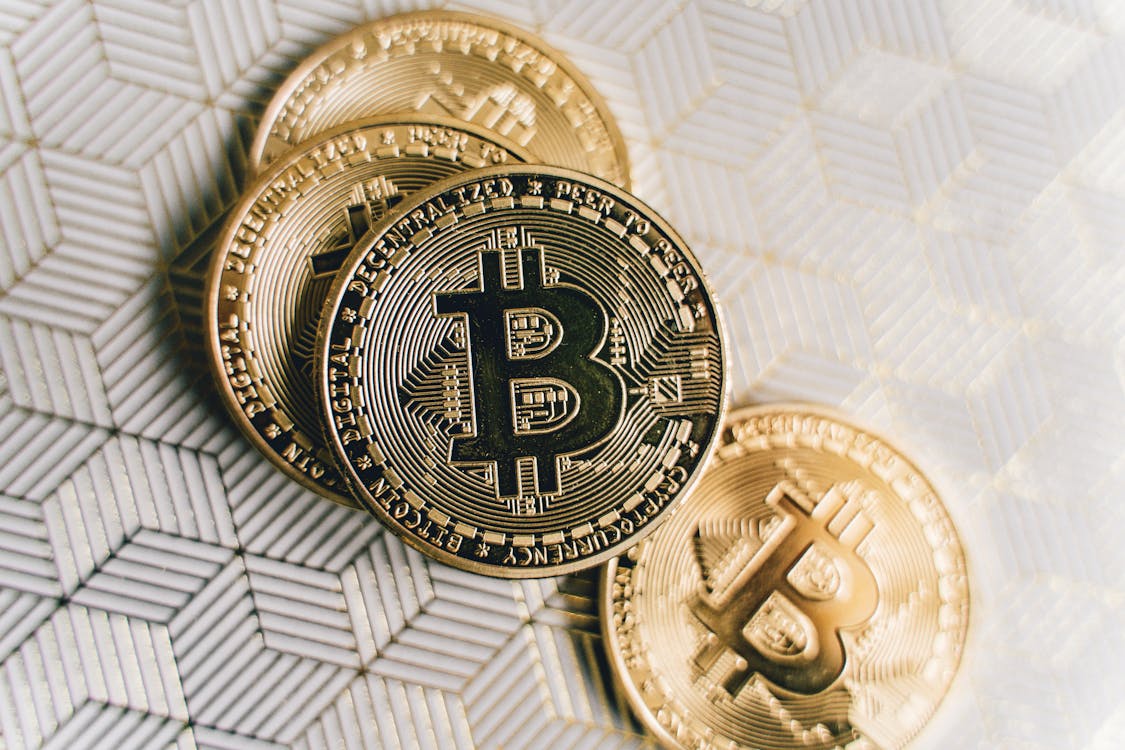
Bitcoin is not untraceable. All transactions are recorded on the blockchain and can be traced back to the individual’s public key address. Users can also employ a variety of tactics, such as using a tumbler, which will break up their coins into different denominations and send them out in randomized intervals, to make it difficult for law enforcement agencies or hackers to track their funds.
Bitcoin is a Ponzi scheme
Bitcoin is not a Ponzi scheme. A Ponzi Scheme is an investment fraud that pays returns to its investors from their own money or the money paid by subsequent investors, rather than from profit earned by the individual or organization running the business. If that were true, then everyone who owns bitcoin would be a victim and the price of bitcoin wouldn’t keep rising.
Bitcoin is not backed by anything
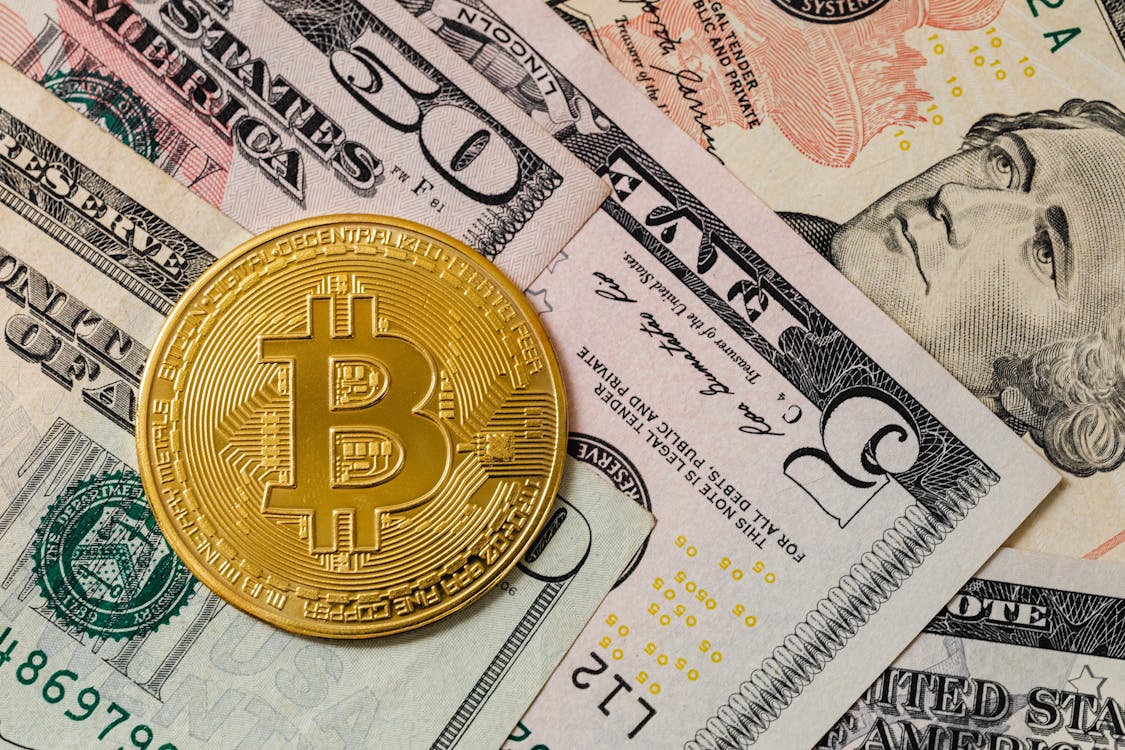
For one, the number of bitcoins being mined each day is decreasing and known ahead of time. This means that the overall supply of bitcoins is declining and as demand increases (more people using bitcoin) the price will rise.
Bitcoin is not digital gold
Bitcoin is not digital gold. The price of bitcoin is driven more by speculation than it is by its use as a store of value, and it faces considerable competition from other cryptocurrencies for this distinction. In fact, one could argue that the central bank’s fiat currencies are digital gold because they offer the same level of security and have maintained their value better over time.
Bitcoin cannot be used to pay for things
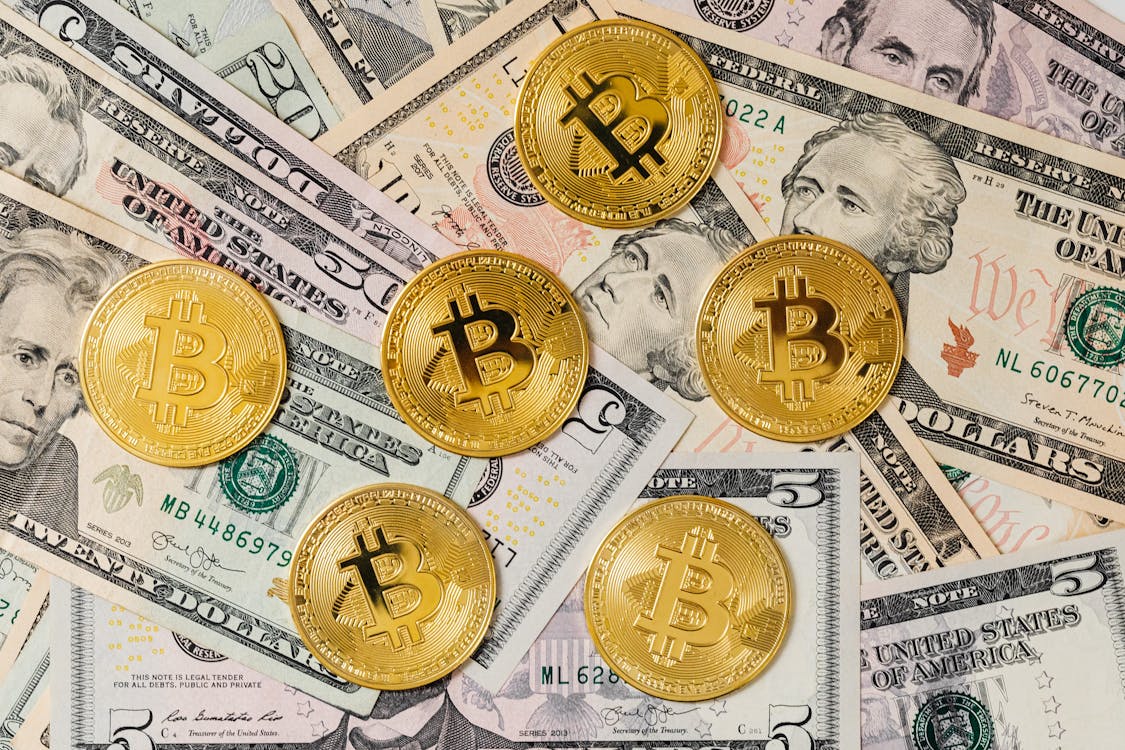
Bitcoin is a digital currency that can be used for many things, including paying for things. However, there are some myths about it that need to stop being believed. For example, you can’t use bitcoin to pay for your groceries at the grocery store. That’s not the case; you just have to go into the store and ask them if they’ll let you use bitcoin as a form of payment.
Bitcoin is not anonymous
Bitcoin is often lauded as an anonymous currency, but this couldn’t be farther from the truth. Every single transaction on the bitcoin network is publicly logged, so all of your activity can be tracked by anyone who cares to look. This should give pause to those who believe that bitcoin will allow them to avoid taxes or launder money for illicit purposes. In reality, all of your transactions are completely traceable and forever stored on the public ledger known as a blockchain.
Bitcoin is a bubble
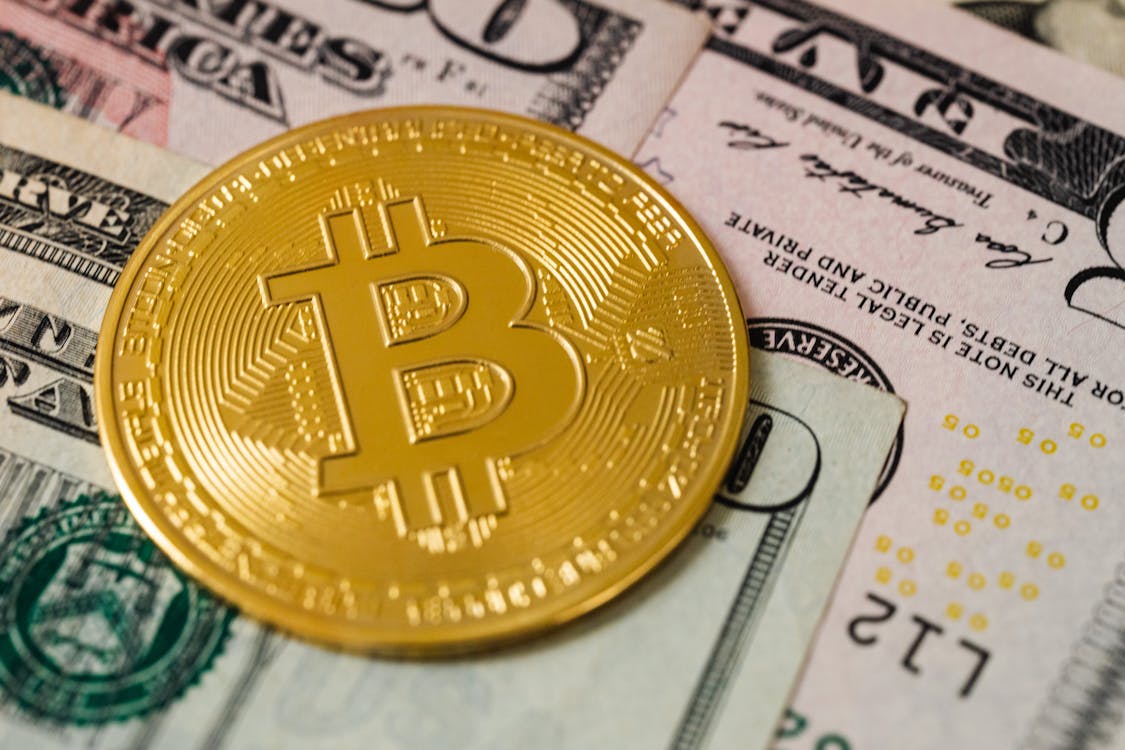
Despite the hype and excitement surrounding bitcoin, it is a bubble that will eventually burst. Bitcoins are not backed by anything other than people’s faith in the system. Governments are unlikely to give up power over their currencies, making them unlikely to adopt bitcoin anytime soon. Banks like JP Morgan have begun closing accounts of those who use their credit cards for purchases on online marketplaces such as Ebay because they see them as too risky. All of these factors combined mean that you should be careful with your investment in bitcoins.
There will only ever be 21 million bitcoins
You’ve probably heard that there will only ever be 21 million bitcoins. And while that statement is true in theory, it doesn’t mean the limit is rigid and unbreakable. In fact, the number of bitcoins produced each year is cut in half periodically to ensure that this limit will never be reached. The last time this happened was on November 28th, 2016 when the reward for mining a block dropped from 25 bitcoin to 12.5 bitcoin per block mined.

